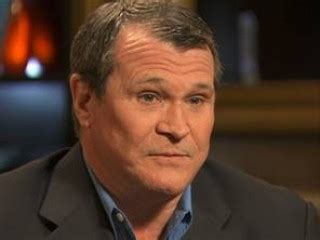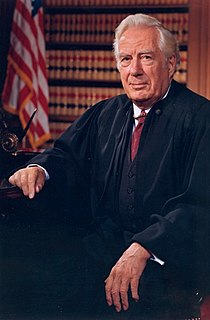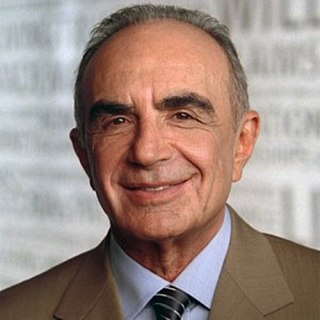A Quote by Anthony Burgess
I was very lighthearted. This often the way when the abandonment of personal responsibility is enforced: neither wronged innocence or just guilt can seriously impair the sensation of freedom one has.
Related Quotes
It is more important that innocence be protected than it is that guilt be punished, for guilt and crimes are so frequent in this world that they cannot all be punished. But if innocence itself is brought to the bar and condemned, perhaps to die, then the citizen will say, "whether I do good or whether I do evil is immaterial, for innocence itself is no protection," and if such an idea as that were to take hold in the mind of the citizen that would be the end of security whatsoever.
There’s no way to rule innocent men. The only power any government has is the power to crack down on criminals. Well, when there aren’t enough criminals, one makes them. One declares so many things to be a crime that it becomes impossible for me to live without breaking laws. Who wants a nation of law-abiding citizens? What’s there in that for anyone? But just pass the kind of laws that can neither be observed or enforced nor objectively interpreted - and you create a nation of law-breakers - and then you cash in on guilt.
Guilt is not a response to anger; it is a response to one’s own actions or lack of action. If it leads to change then it can be useful, since it is then no longer guilt but the beginning of knowledge. Yet all too often, guilt is just another name for impotence, for defensiveness destructive of communication; it becomes a device to protect ignorance and the continuation of things the way they are, the ultimate protection for changelessness.
For when you see that the universe cannot be distinguished from how you act upon it, there is neither fate nor free will, self nor other. There is simply one all-inclusive Happening, in which your personal sensation of being alive occurs in just the same way as the river flowing and the stars shining far out in space. There is no question of submitting or accepting or going with it, for what happens in and as you is no different from what happens as it.
One of the reasons I love prayer is that it is an antidote to guilt and blame. If we are unhappy with the way we have acted or been treated, instead of stewing in self-recrimination on the one hand, or harboring ill will toward someone else on the other, prayer gives us a way out of the circle of guilt and blame. We bring our painful feelings into the open and say, "I have done wrong," or "I have been wronged." And then we ask for a vaster view--one that contains within it all the forgiveness we need in order to move forward.





































